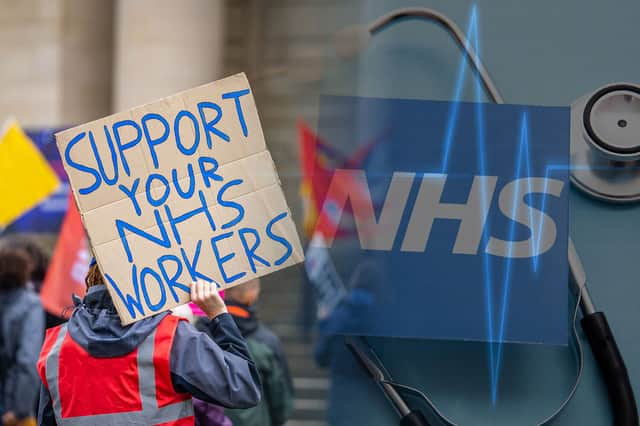Unless you’ve been living under a rock, you know that the NHS is currently going through a crisis and should it continue, it could collapse completely. Last year, there were roughly 43,000 visits to major hospitals and 23,000 to minor ones which shows just how many people are accessing free health care in the UK which is why it’s so important that it stays afloat and keeps up with demand.
The recent troubles are an accumulation of many factors including government failures like a lack of funding and low salaries as well as a general increase in patients needing care due to the ageing population of the UK. These were issues predicted by many experts and industry leaders for some time.
With so many issues, the threat of a fully privatised NHS is very much on the horizon which, given the current cost of living crisis, would be a catastrophe for the majority of the UK population. To find out why this NHS have been struggling so much and the gradual privatisation of its service, we’ve prepared a handy guide filled with all the questions you may have. Read on to learn more about this very pressing issue.
NHS strikes
It is said that members of the Royal College of Nursing (RCN) will strike on Monday 6 and Tuesday 7 February.
The decision to strike on the 6th of February is so that it will coincide with the 10th anniversary of the Robert Francis inquiry into the Mid Staffordshire NHS Foundation Trust, which shed a spotlight on the impact of nurse shortages on patient care as well as excess deaths.
On top of this, members of the Chartered Society of Physiotherapy (CSP) of 30 different NHS services – which is one in seven – will also be staging strikes.
The NHS staff are currently striking because they feel as though they are underpaid for their services. These strikes have left hospitals without the necessary staff which may leave patients without the support needed to get back to full health.
These strikes may breach the medical provider’s duty of care to the patients which means if you’re one of the affected patients, and you have received negligent treatment which can have a massive impact on your life, then you may be able to bring a medical negligence claim against the NHS.
The gradual privatisation of the NHS
Talk of the NHS going private is not new and much of the NHS has become private in recent years. Examples of the areas that are now private include dentistry, opticians and even pharmacies. This now means people have to pay for basic necessities that were once free and in some cases, people will not be able to get these essential items which may impact their well-being dramatically.
The worry for leaders of the opposition party, labour, is that the government’s failings may lead to healthcare services like walk-in centres and ambulances becoming private. This would have a major impact on much of the UK population and will inevitably lead to fewer diagnoses for various illnesses.



















